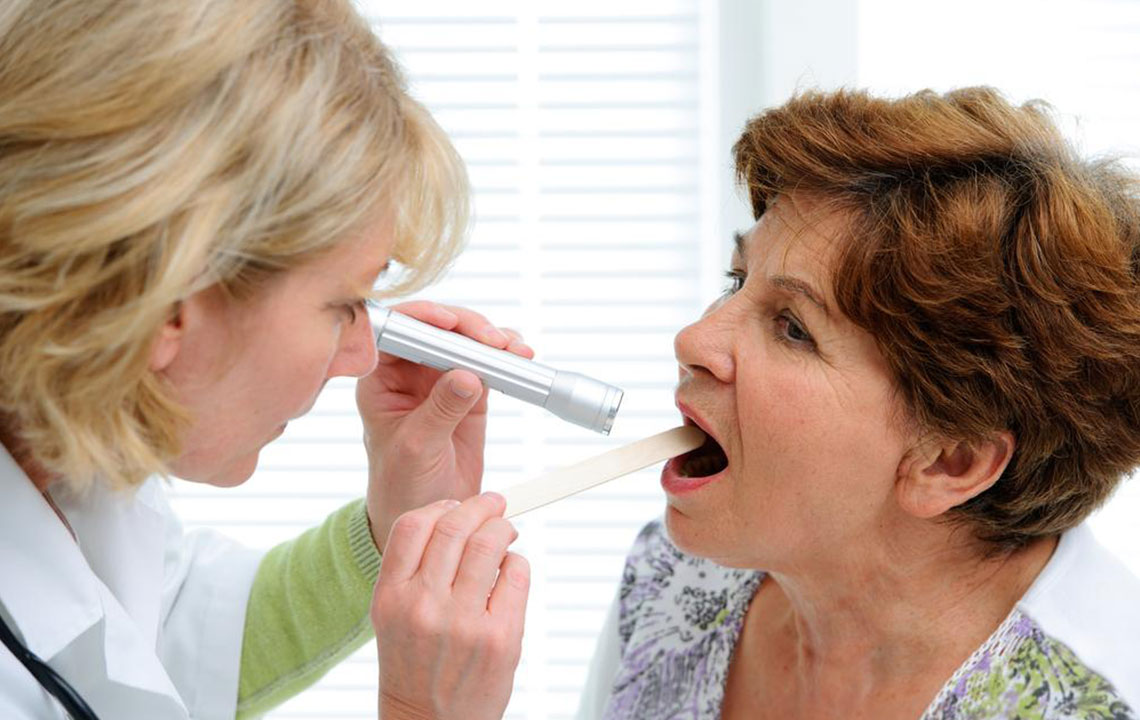Common Causes and Risk Factors for Developing Tongue Cancer
Tongue cancer primarily arises from factors like tobacco use, alcohol consumption, HPV infections, and certain mouthwash ingredients. Awareness and lifestyle adjustments can significantly reduce risk. Early detection through regular examinations is vital for prevention and timely treatment of this serious disease.

Tongue cancer, a type of oral malignancy, primarily originates in the flat, thin squamous cells lining the tongue’s surface. It mainly affects the front two-thirds of the tongue, while cancer in the back portion is classified under head-and-neck cancers. Symptoms often overlap with other oral cancers, but understanding the key risk factors can aid in prevention. Critical contributors include tobacco use, alcohol consumption, HPV infections, and certain mouthwash ingredients. Awareness of these factors can help individuals modify behaviors to reduce their risk of developing this serious condition.
Tobacco and Smoking
Tobacco use, whether through smoking or chewing, exposes the oral mucosa to carcinogens that can cause cellular mutations leading to tongue cancer. Quitting tobacco significantly lowers the risk, with benefits evident soon after cessation.
Excessive Alcohol Intake
Heavy drinking is linked to a higher likelihood of tongue malignancies. Moderate consumption may be safe, but frequent or excessive intake increases vulnerability. Limiting alcohol and having regular oral health checkups are recommended.
HPV Infection
Human papillomavirus transmitted via oral sex is increasingly recognized as a major risk factor. Although many HPV infections resolve on their own, persistent infections may cause serious health issues, including tongue cancer, and are expected to surpass tobacco as a leading cause in the future.
Mouthwash with High Alcohol Content
While controversial, mouthwashes with high alcohol levels may pose a risk for tongue cancer if used excessively. Experts advise limiting use to twice daily, though evidence is inconclusive.
Disclaimer: The information provided is for educational purposes only and should not replace professional medical advice. Always consult qualified healthcare providers for diagnosis or treatment of health conditions.










